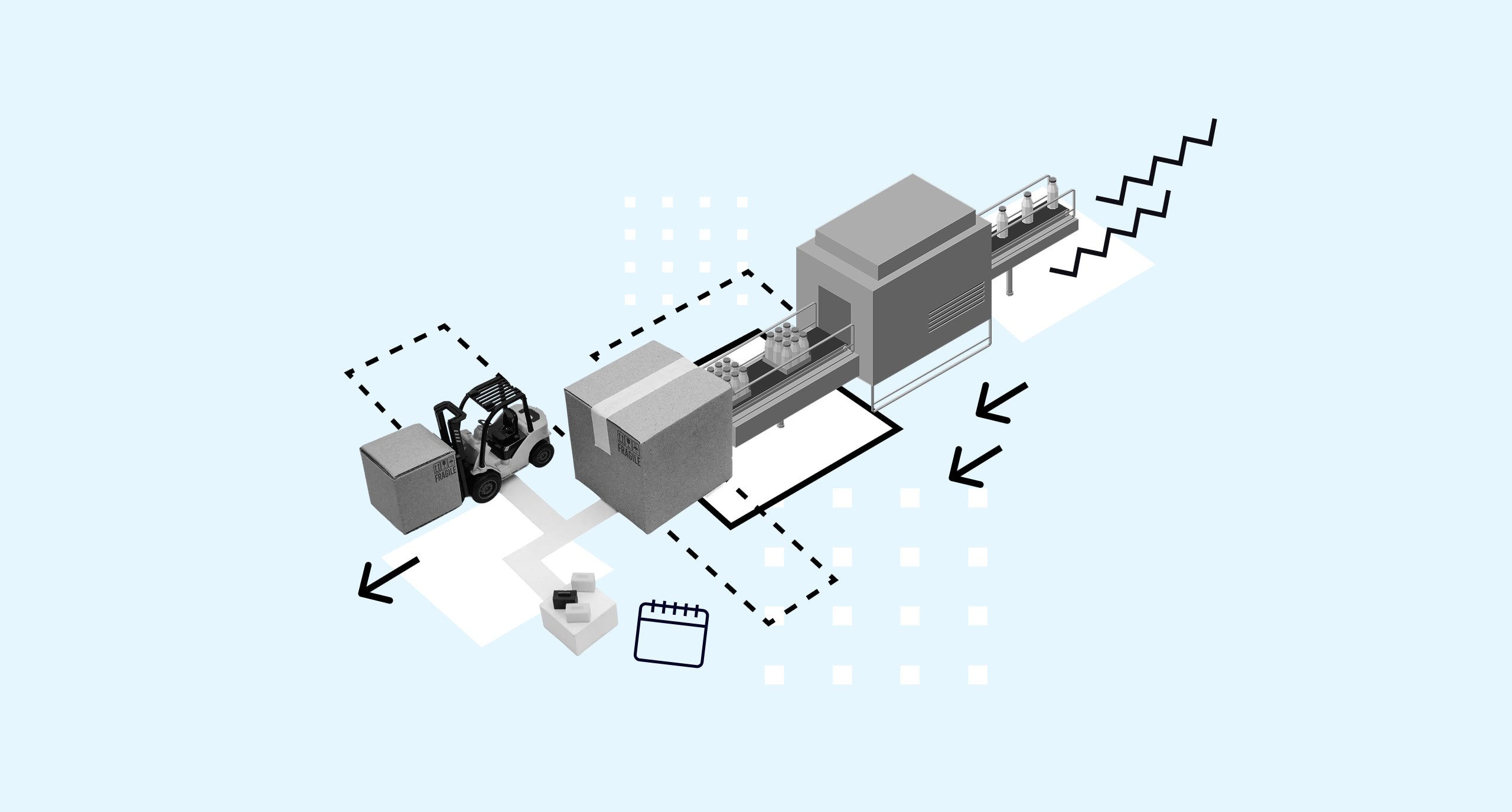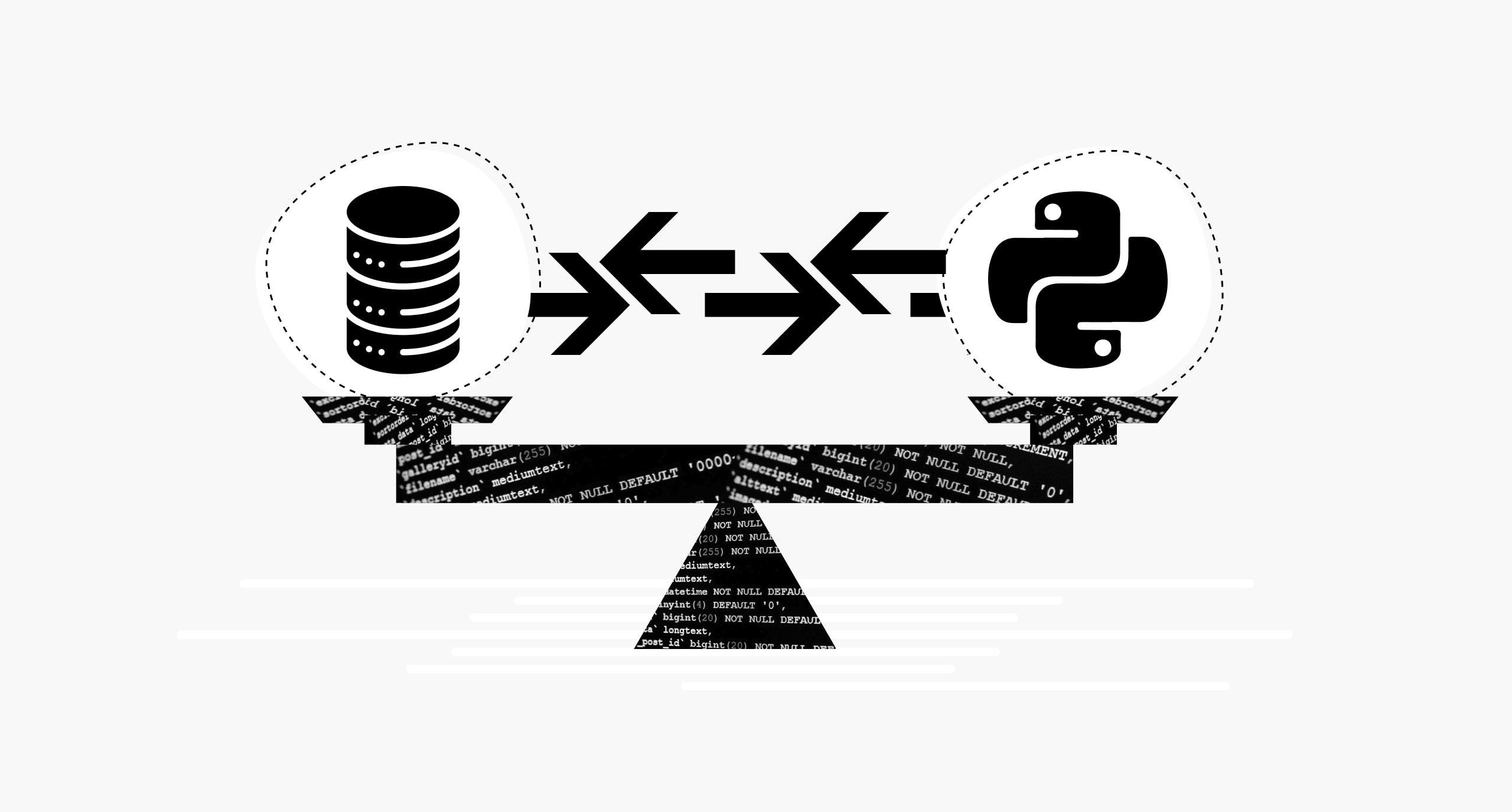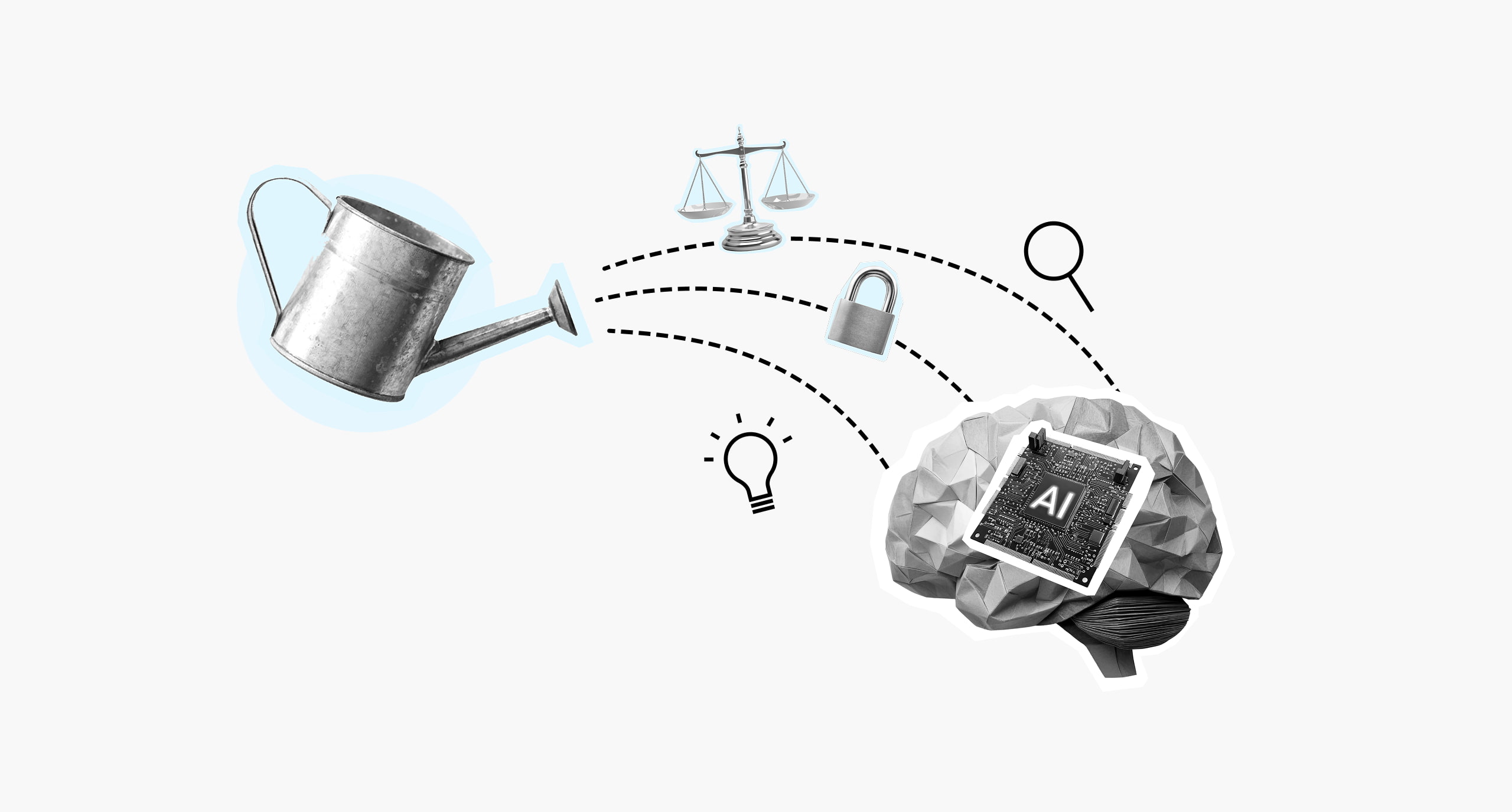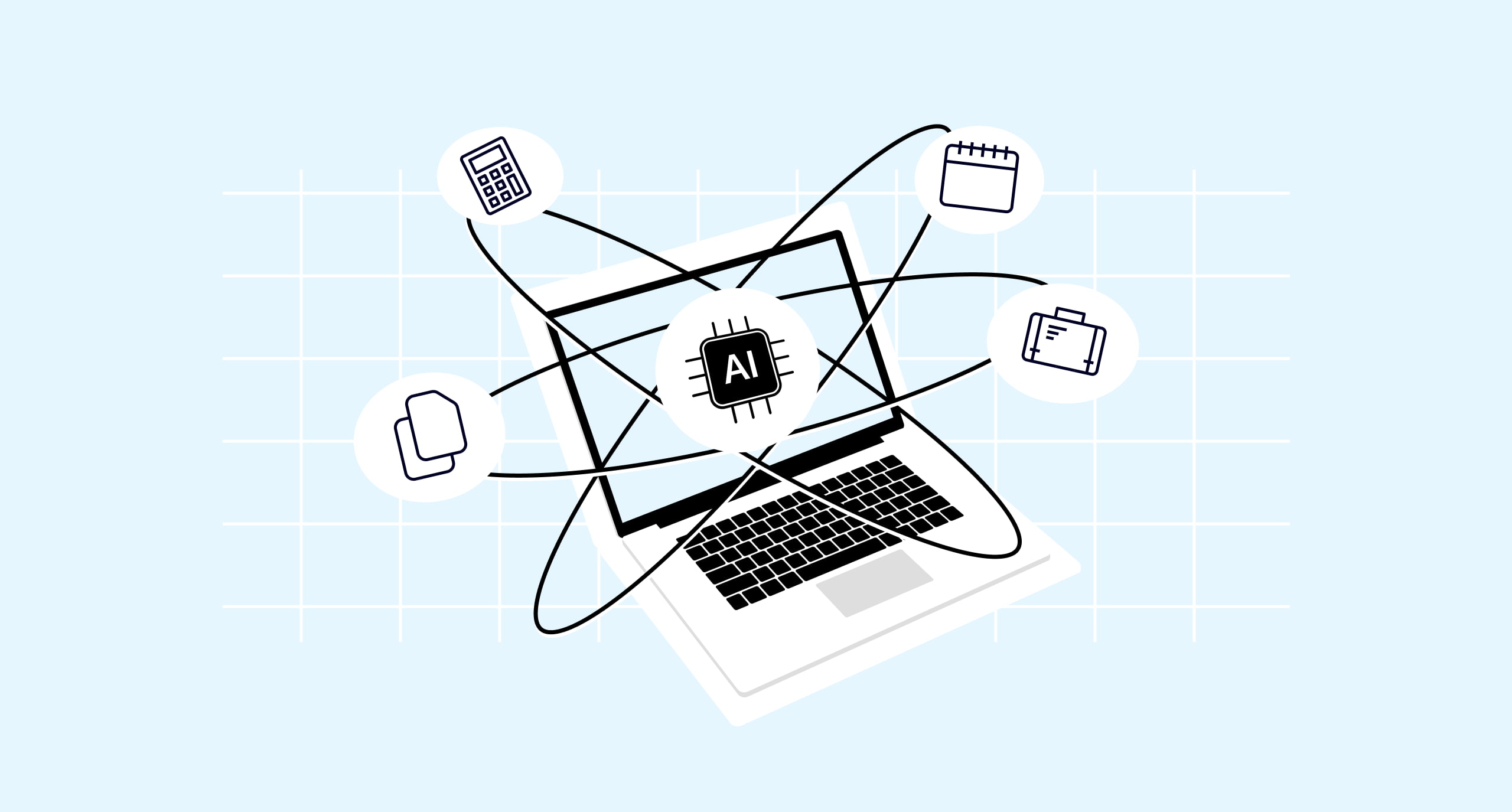FinTech is booming. Daily active users of FinTech have increased by 337% since 2020, and that looks set to continue. Now, midway through the decade, we can examine global FinTech trends to get a sense of what lies ahead.
Let’s dive into some great innovations and discuss how IE School of Science & Technology is changing the world.
What does FinTech mean?
FinTech, or financial technology, refers to technology-driven innovations that transform financial services. In the past decade alone, we’ve seen major shifts in how businesses and consumers manage their money. And it’s all down to the emergence of FinTech.
The four main types of FinTech currently in use are Digital Banking and Payments, Investment and Wealth Management (WealthTech), Peer-to-Peer (P2P) Lending and Crowdfunding, and Insurance Technology (InsurTech). Across the board, they focus on improving or replacing traditional banking services, automating and enhancing investment processes, connecting borrowers directly with lenders, and streamlining the insurance industry.
These are, of course, the current use cases across industries. However, FinTech trends are broadening their reach and leading us to a safer, fairer future.
3 global FinTech trends
Technological research is vital in understanding the potential of FinTech. We’ve compiled three projects that indicate where the FinTech industry is headed—and the role IE School of Science & Technology is playing in that change.
1. Artificial Intelligence
Artificial Intelligence is transforming the financial technology landscape by enabling faster, smarter and more personalized services. From real-time fraud detection to biometric authentication and hyper-targeted financial advice, AI allows FinTech companies to optimize operations, reduce risk, and deliver better user experiences. In particular, its ability to analyze vast and complex datasets—both structured and unstructured—has opened new opportunities in areas like credit scoring, investment strategy and customer engagement.
A recent study co-authored by our Vice Dean, Guillermo de Haro, explores one of the most promising applications of AI in FinTech trends: credit scoring using explainable machine learning models. The research compares traditional scoring methods with XGBoost, a high-performance AI model and introduces monotonicity constraints to ensure that its predictions align with sound financial logic. The study also applies Shapley regressions to test how much influence each variable has on the model’s decisions, making the AI more interpretable and trustworthy for regulators and financial institutions alike.
This approach strikes a practical balance between accuracy and explainability, which is a core challenge in using AI for high-stakes financial decisions. It supports fairer, more transparent access to credit, particularly for individuals who may lack traditional credit histories. If you’re interested in the emerging power of AI in financial services, you can explore the full study here.
2. Blockchain and tokenization
Blockchain technology is transforming FinTech by enabling faster, more secure, and transparent financial operations. Its decentralized structure removes intermediaries, allowing for peer-to-peer transactions and the automation of processes through smart contracts. Innovations like zero-knowledge proofs and distributed data storage are powering decentralized finance (DeFi), where users can lend, borrow, and trade assets without traditional banking systems. This shift not only increases efficiency and lowers costs but also expands global financial access by offering 24/7 services to underserved populations.
One standout leader driving blockchain adoption is Paula Pascual, an IE University professor and alumna recently named to Forbes 30 Under 30 Europe for her contributions to the Web3 ecosystem. Pascual is the founder of MERGE, an international platform connecting innovation communities across Europe and Latin America through blockchain-focused events and education. With editions held in Madrid and Buenos Aires—attracting over 5,000 attendees and 250 international speakers—MERGE has become a key hub for dialogue and development in decentralized technologies. The next edition will take place this autumn at Madrid’s Palacio de Cibeles and IE Tower, produced in collaboration with MERGE.
Beyond her international work, Pascual remains committed to fostering blockchain education and talent in her home region of Aragón, Spain. Pascual’s dual focus on global ecosystem-building and local impact reflects the IE philosophy of blending entrepreneurship with emerging technologies. Pascual’s work exemplifies how blockchain is not just a tool for FinTech transformation, but a platform for inclusive, cross-border innovation.
3. Simulization
A new wave of innovation in FinTech is being driven by simulization—the integration of real-time simulation models and digital twin technologies to model, stress-test, and improve financial systems. Just as these tools have transformed fields like aerospace, energy, and manufacturing, simulization is now being applied to financial markets to better predict systemic risk, design resilient infrastructure, and simulate market behavior before real-world consequences unfold. In FinTech, this evolution supports faster, more informed decision-making under complex, dynamic conditions.
IE School of Science & Technology is spearheading this change through a collaborative research project with the Department of Mechanical Engineering at UC Berkeley, under the umbrella of the groundbreaking IEX Research Xcelerator. Led by Professor Ikhlaq Sidhu, Dean of IE School of Science & Technology and MEFIC Chair, and Professor Tarek Zohdi of UC Berkeley, the initiative is applying digital twin models to financial systems. This is the first of its kind in simulating systemic financial behavior using engineering-grade modeling tools. The project focuses on high-impact use cases such as financial contagion, decentralized treasury operations, liquidity routing and digital trading of physical assets. It functions through a replication of the mechanics of entire financial networks.
By merging engineering with a financial systems approach, the initiative will bridge the gap between real-world policy decisions and virtual modeling. Simulization is a promising path for regulators and institutions that need to mitigate risk for a safer, smarter world. Read more about the project here.
Is FinTech a good career?
FinTech is at the center of one of the most exciting career paths today. This is because it offers a unique blend of innovation, opportunity and impact. FinTech professionals are already being relied on for businesses to manage and grow their money. Whether you’re working on seamless payment platforms, inclusive lending tools, or data-driven investment apps, there’s a huge scope of roles for modern, adaptable professionals.
A key draw lies in the interdisciplinary nature of FinTech. In combining finance with technology and strategy, the day-to-day is varied and impactful. Furthermore, the global nature of the industry means working on international teams. This naturally offers an exciting journey across different locations and markets. Startups and scaleups also offer rapid career growth and entrepreneurial opportunities for those able to launch their own ventures.
Beyond the professional benefits, FinTech offers purpose. Financial inclusion is a priority across borders, which means you could be designing tools for underserved communities. By making banking more accessible, you enable communities to make smarter financial decisions. Of course, there are challenges ahead with compliance and digital evolution. But those committed to lifelong learning can shape a career full of varied successes.
Study the Master in Financial Technology
Want to become a modern FinTech professional? Our Master in Financial Technology equips you with the skills and knowledge to thrive. This hands-on program, taught by top professionals, focuses on real-world projects with leading financial institutions and startups. Upon graduating, you’ll have practical experience in building digital products, optimizing operations and navigating complex regulations. All of these set you apart in the job market.
The program also emphasizes entrepreneurship, preparing you to launch innovative ventures or take on strategic roles that shape the future of finance. With specialized tracks tailored to areas like AI, blockchain, virtual assets and cybersecurity, you can align your studies with your career goals. It’s all about giving you the profile you need to keep evolving.
And, being located in Madrid, you’ll have access to one of Europe’s fastest-growing FinTech hubs. Pursuing this master’s is a strategic investment that positions you at the forefront of the financial technology revolution. So, follow the link below, and start imagining the impact you can have.
Get ahead of global FinTech trends with IE School of Science & Technology
Become a leader in financial technology with an impactful master’s degree.

Benjamin is the editor of Uncover IE. His writing is featured in the LAMDA Verse and Prose Anthology Vol. 19, The Primer and Moonflake Press. Benjamin provided translation for “FalseStuff: La Muerte de las Musas”, winner of Best Theatre Show at the Max Awards 2024.
Benjamin was shortlisted for the Bristol Old Vic Open Sessions 2016 and the Alpine Fellowship Writing Prize 2023.


















